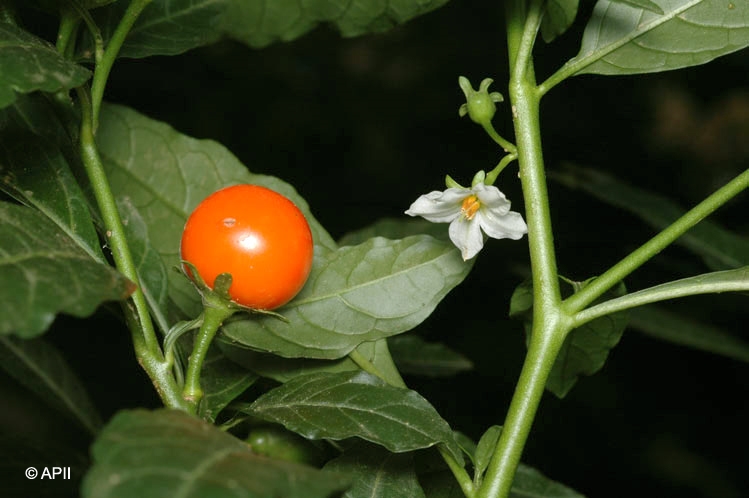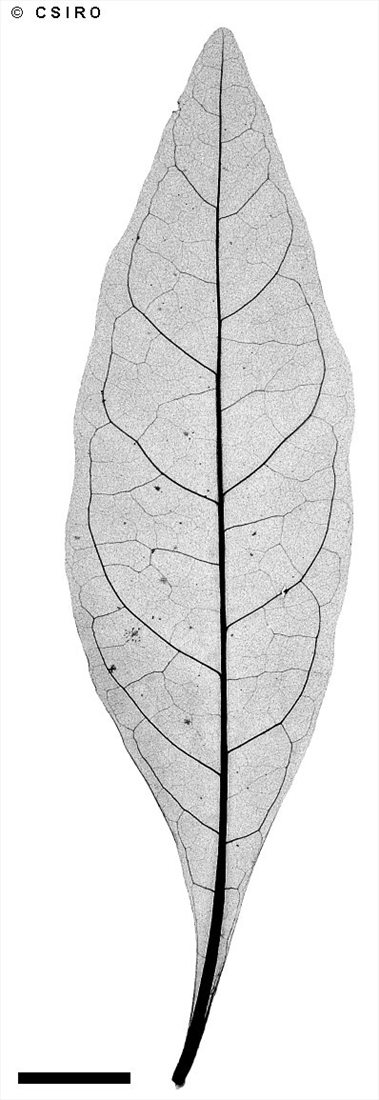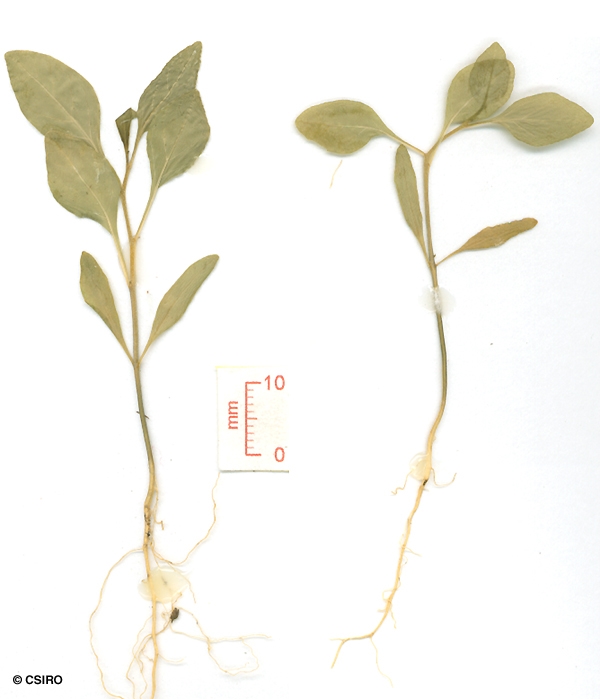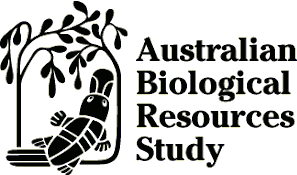Australian Tropical Rainforest Plants - Online edition
Solanum pseudocapsicum L.




Linnaeus, C. von (1753) Species Plantarum 2: 184. Type: Madeira; holo: LINN 248.4. Fide W. G. DArcy, Ann. Missouri Bot. Gard. 60: 714 (1973).
False Capsicum; Nightshade; Jerusalem Cherry; Cherry, Madeira Winter; Cherry, Jerusalem; Capsicum, False; Madeira Winter Cherry
Usually flowers and fruits as a shrub about 1 m tall but also flowers when smaller.
Cotyledons +/- linear, about 12-15 x 4-5 mm. First pair of leaves alternate, almost rhomboid, petioles quite long. At the tenth leaf stage: stem clothed in short, pale, 2-branched hairs with each branch recurved. Petiole and leaf blade +/- glabrous. Leaves emit an obnoxious odour when crushed. Petiole winged or the leaf blade decurrent. Seed germination time 10 days.
An introduced species of uncertain origin, now naturalised in NEQ and various places to the south including south-eastern Queensland, New South Wales, Victoria, South Australia and southern Western Australia. Altitudinal range in NEQ from 650-800 m. Usually grows on farmland but also found on rain forest margins and in disturbed areas in rain forest.
Field evidence of toxicity is rather vague and contradictory. Everist (1974).
All plant parts poisonous. Austin, D. F. 1998. Poisonous Plants of Southern Florida.
Poisonous to pets.





